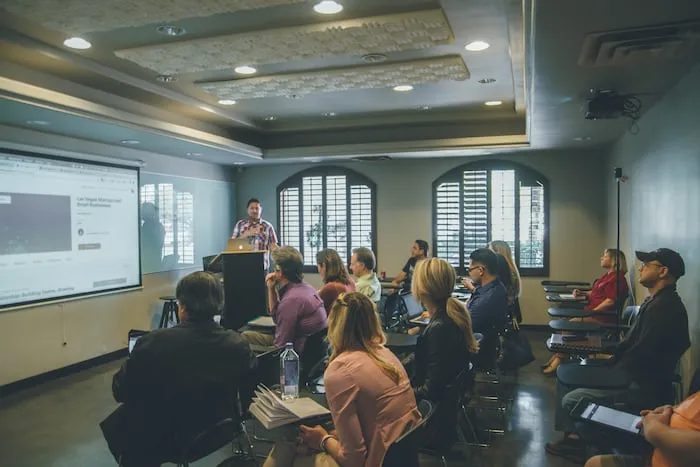Welcome to my blog, everyone. Having an amazing week, right? You see, given how important education is in today's society, the majority of people or at least a portion of them would want to see the government make it free for everyone. As we all know, education is crucial for acquiring the abilities and information required for employment and professional success. It also assists people in making educated choices about their lives and engaging in lifelong learning.
A population with a higher level of education is more likely to be involved in civic affairs and the political process, contribute to its country's economic development and progress, and lessen poverty too. In my opinion, making education available to everybody would undoubtedly have both beneficial and bad effects, as well as problems. Most people who lack the resources or whose parents cannot support them in continuing their education would take advantage of this chance seriously. However, other people wouldn't understand it's worth since they didn't earn it via labor or payment, thus they wouldn't appreciate it. These set students or individuals may not really understand the benefit of devoting time and effort to their studies, thereby resulting to poor academic performance and a lack of interest.
The "finance" should also be considered as another factor or problem. A large increase in government financing or other sources of income would be necessary to make education free. Many nations may find this difficult, especially those with few resources or heavy debt loads. As a result, taxes may go up or spending on things like infrastructure, social assistance, and healthcare may be reduced.
Another consideration is the educational quality. You know, colleges and other educational institutions would need to find alternate means of funding if there were no tuition payments made by the students. This may result in fewer scholarships, fewer teachers, less library resources, and less appropriate learning environments, which would reduce the resources and assistance available to students. This might have a detrimental effect on educational quality and make it difficult for schools to recruit and retain top-notch teachers. Imagine a teacher or lecturer who gives classes for free without payments of salaries while fully aware that he or she has wants of their own. That might result in shortage of qualified teachers.
The flow of education may also be affected by restricted access to certain areas of study. For example, free education may not be possible in some field of studies such like technical and medical professions that need expensive facilities and equipment like laboratories and workshops with all the necessary instruments for practicals. This could make it more difficult for students from lower socioeconomic backgrounds to pursue certain areas of study, especially if they can't afford the added expenses.
In Conclusion Making education free would be a complicated and difficult process with many possible advantages and disadvantages to take into consideration. It would need a full rethinking of the education system and financing systems, as well as careful planning and execution, to guarantee that the advantages outweigh the negatives and that the education that is being given is of high quality.
Thank you for reading, anyway. Have a fantastic week ahead, everyone.
Return from Is It Beneficial To Provide Free Education to Everyone? to VEE's Web3 Blog



